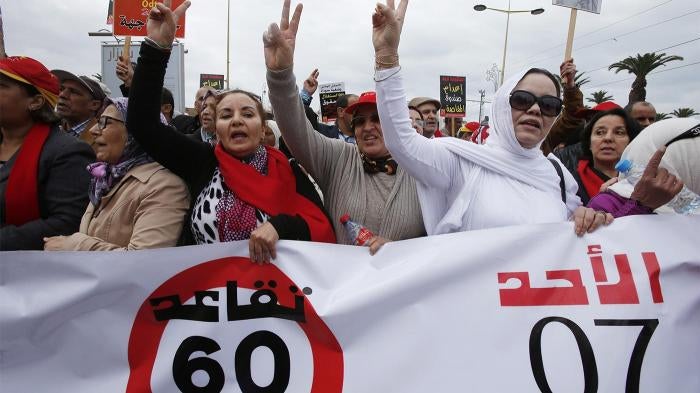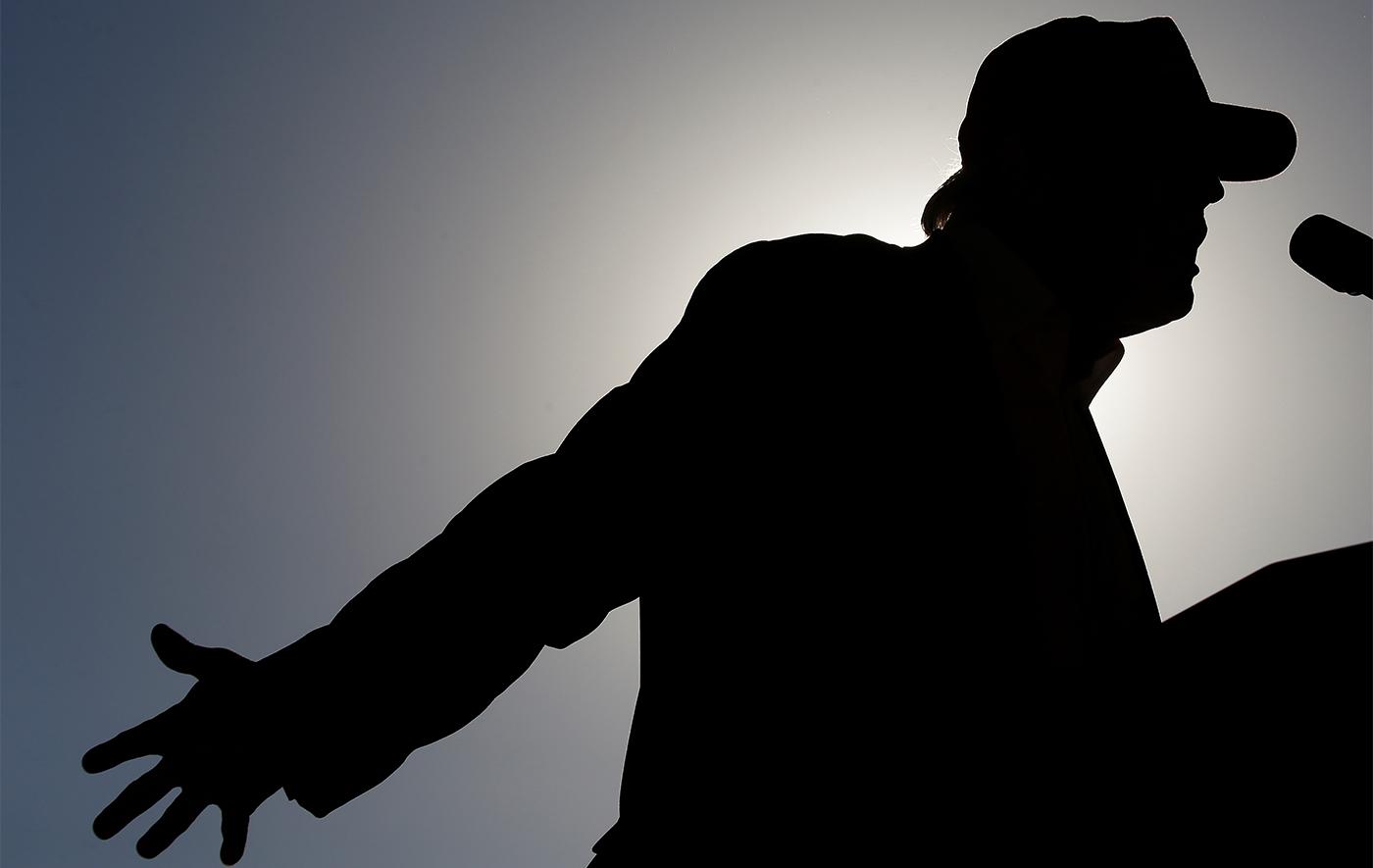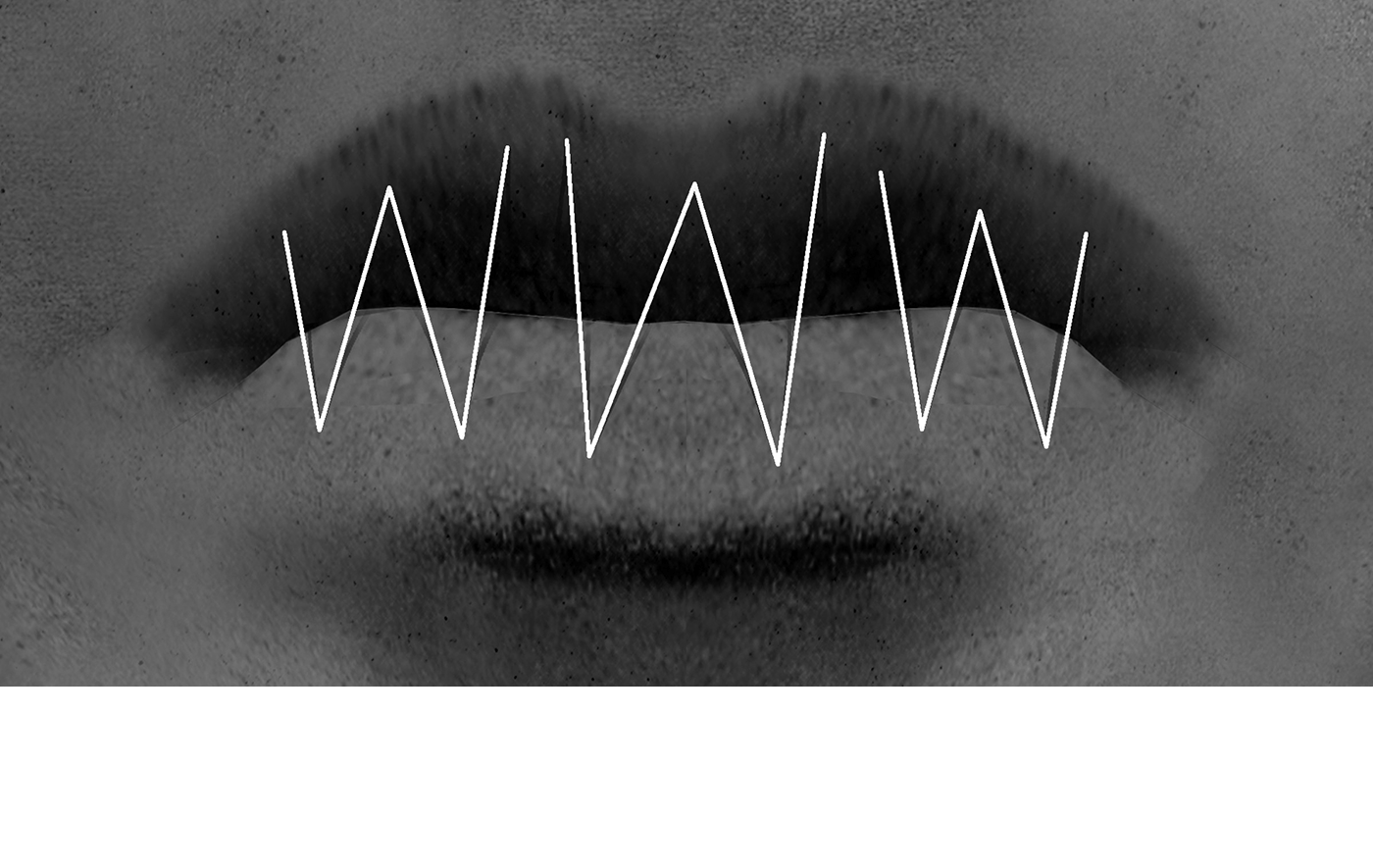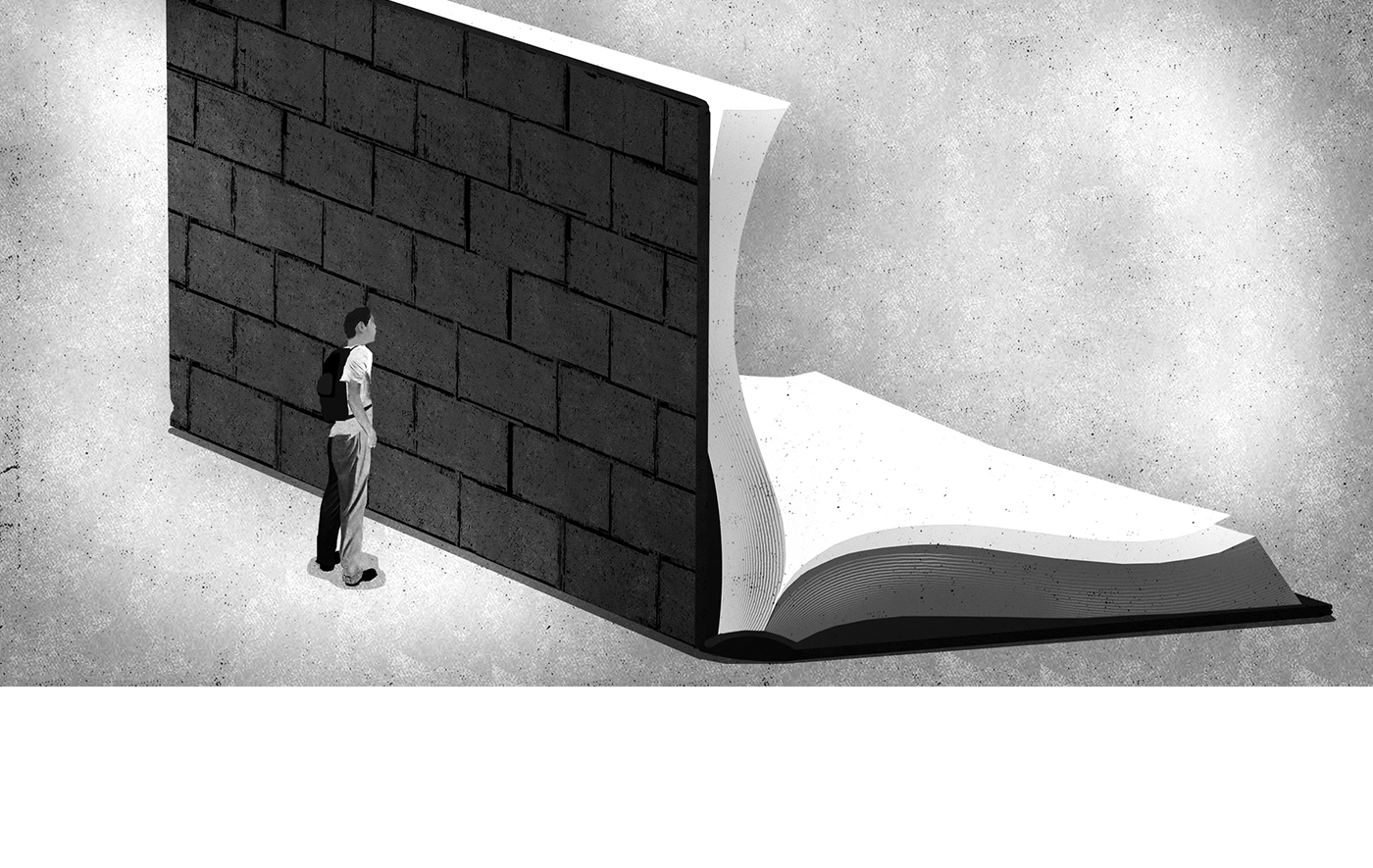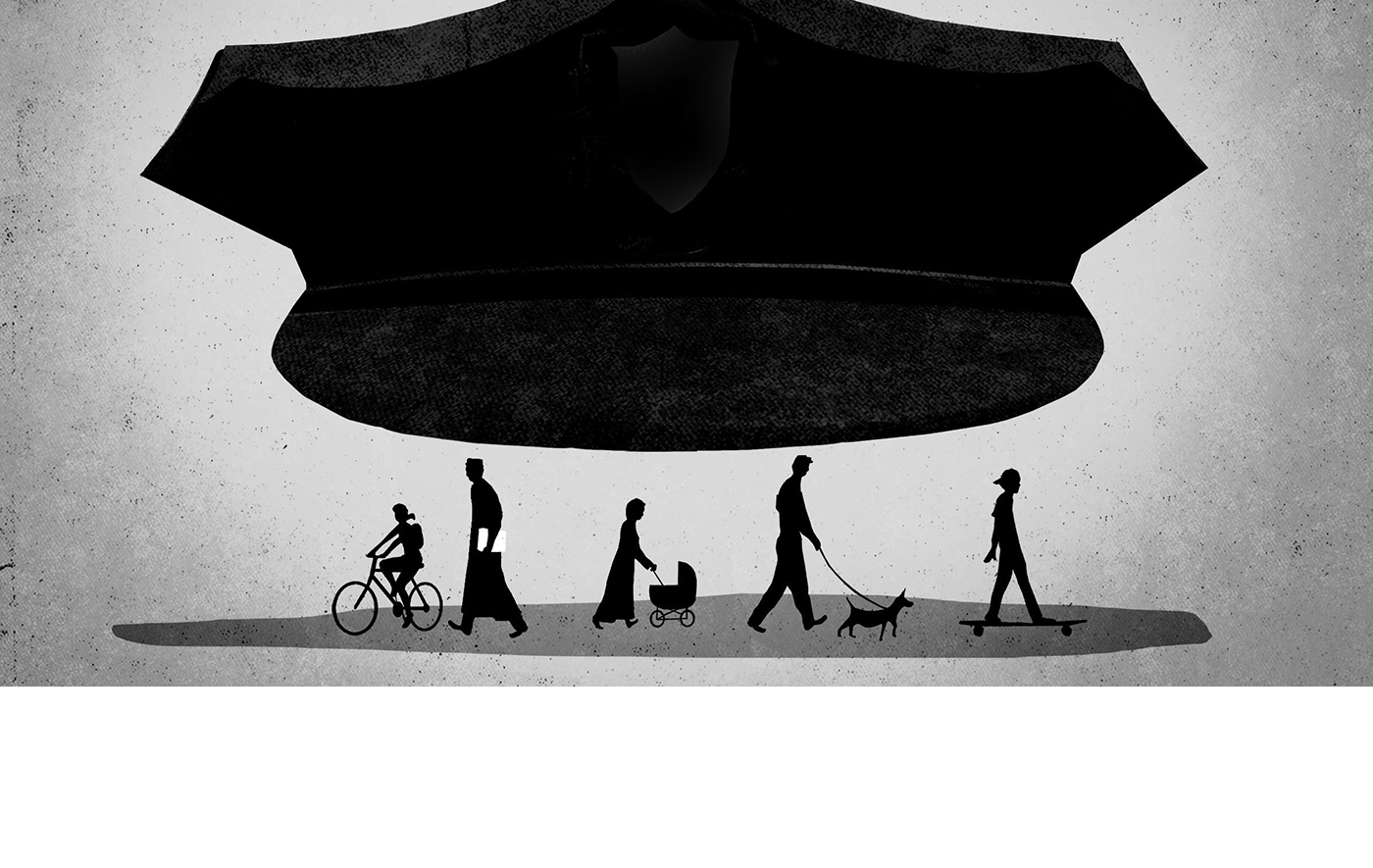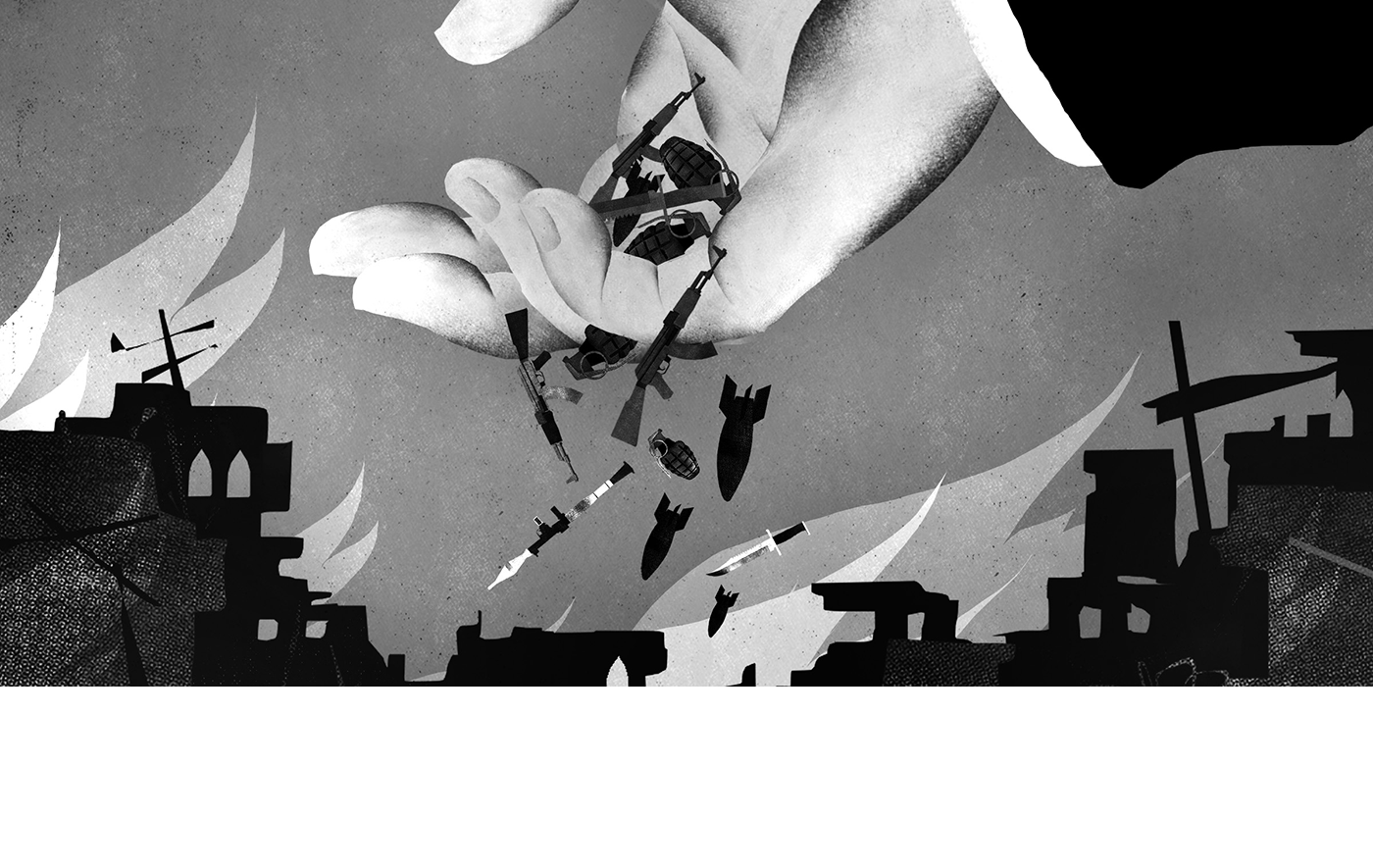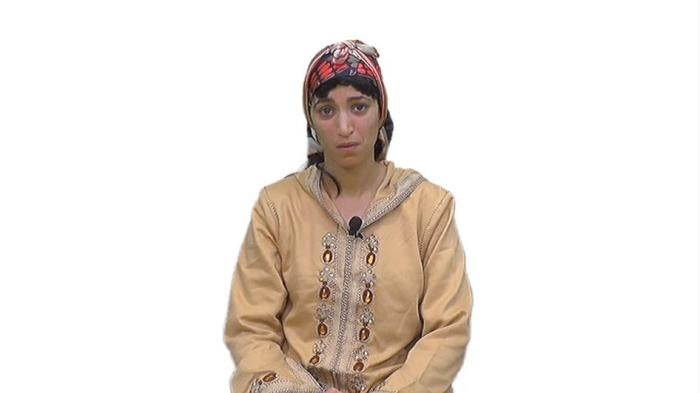Morocco enacted laws in 2016 that advanced free expression and the rights of domestic workers, victims of human trafficking, and person with disabilities. However, authorities restricted the activities of local human rights associations and extended restrictions on international human rights groups. Many persons continued to serve long prison terms after unfair trials for politically motivated offenses. While authorities often tolerated protest demonstrations, in Western Sahara, they systematically prevented gatherings supporting self-determination for the contested territory.
Morocco granted temporary legal status to United Nations-recognized asylum-seekers and thousands of economic migrants, pending an overhaul of its laws on asylum and foreigners on Moroccan soil.
Freedom of Expression
On July 26, parliament adopted a new Press and Publications Code. One advance over the 2002 press code was the elimination of prison time as punishment. But the new code still punishes many nonviolent speech offenses with fines and court-ordered suspensions of publications or websites.
Separately, the penal code maintains prison as a punishment for a variety of nonviolent speech offenses. Five days before adopting the new press code, parliament added to the penal code provisions, imposing prison on those who cross Morocco’s long-standing “red lines”– “causing harm” to Islam, the monarchy, the person of the king and the royal family, and Morocco’s “territorial integrity” (a reference to its claim to Western Sahara).
The legal overhaul left intact prison as punishment for insulting state institutions and for “praising” terrorism, while eliminating prison for defaming persons and insulting foreign dignitaries, and for malicious publication of “false news.”
Ali Anouzla, editor of the independent news website Lakome2.com, faced prosecution for harming Morocco’s “territorial integrity” after an interview with a German newspaper in 2015 quoted him as referring to Western Sahara as “occupied.” The court dropped the case in May after the newspaper confirmed that this was a translation error.
Authorities require but often refuse to issue permits for foreign broadcast media to film in Morocco. On April 3, police detained and then expelled a crew of the French news program “Le Petit Journal” as it tried to film in a neighborhood of Beni Mellal, a city 220 kilometers southeast of Casablanca where a gay-bashing assault had taken place.
In November 2015, authorities expelled Rik Goverde, a freelance journalist for the Dutch dailies NRC and AD, on the grounds that he lacked a press card. Goverde had applied repeatedly for a card since moving to Morocco in October 2013 but never received a response.
Moroccan state television allows some space for debate and investigative reporting but none for direct criticism of the palace or dissent on key issues.
Freedom of Assembly and Association
Authorities tolerated numerous marches and rallies demanding political reform and protesting government actions while forcibly dispersing some, despite their being peaceful.
Officials continue to arbitrarily prevent or impede many associations from obtaining legal registration, although the 2011 constitution guarantees freedom of association. On March 31, an Agadir Appeals Court upheld a decision closing the Ifni Memory and Rights Association, partly on grounds that the association harmed Morocco’s “territorial integrity” by the way that it asserted the rights and identity of the population in the Ifni region.
Among the many associations arbitrarily denied legal registration were scores of charitable, cultural, and educational associations whose leadership included members of al-Adl wal-Ihsan (Justice and Spirituality), a nationwide movement that advocates an Islamic state and questions the king's spiritual authority. Authorities have kept sealed since 2006 houses belonging to the movement’s leader and another member in eastern Morocco, without providing a legal basis.
Authorities frequently impeded events organized by local chapters of the Moroccan Association for Human Rights, by denying access to planned venues. They also prevented the efforts by many chapters of the association to file documents as required by the law, placing them in legal jeopardy.
An effective ban, imposed in 2015, remained in place on research missions by Amnesty International and Human Rights Watch. This ban reversed relatively unimpeded access that the two organizations had enjoyed for nearly 25 years. On February 21, authorities expelled without explanation the lawyer directing the Morocco office of Lawyers Without Borders-Belgium, which led the group to reduce its activities in the country. In June, the International Institute of Nonviolent Action (NOVACT), announced it would close its Morocco office after authorities expelled one staff member in 2015 and refused entry to two others in 2016, and declined to grant the Spanish association legal recognition.
In 2015, authorities charged historian Maâti Monjib, and four other associational activists with accepting foreign funding “to harm internal security,” punishable by up to five years in prison. The trial, delayed repeatedly and scheduled to begin in January 2017, centers on a foreign-funded workshop to train Moroccans in the use of a smartphone application to practice citizen journalism.
Authorities expelled several foreign visitors who came to witness human rights conditions in Western Sahara or attend human rights events there. For example, on October 9, they expelled Carlos Beristain, a Spanish expert on human rights in Western Sahara, and two other Spaniards who the Saharan Association of Victims of Grave Human Rights Violations had invited to participate in the first public event the association had organized since obtaining legal recognition in 2015. The police agent who intercepted Beristain at the airport told him his presence “endangered the public order.”
Police Conduct, Torture, and the Criminal Justice System
Courts failed to uphold fair trial rights in political and security-related cases
The Code of Penal Procedure, amended in 2011, gives a defendant the right to contact a lawyer after 24 hours in police custody or a maximum of 36 hours if the prosecutor approves this extension. In cases involving terrorism offenses, the prosecutor can delay access to a lawyer for up to six days. The law does not give detainees the right to a have a lawyer present when police interrogate or present them with their statements for signature.
The 2003 counterterrorism law contains an overly broad definition of “terrorism” and allows for up to 12 days of garde à vue (pre-charge) detention in terrorism cases.
Twenty-five Sahrawis won a retrial in civilian court after the Court of Cassation on July 27 quashed their 2013 conviction before a military court. That court had imposed on 23 of them prison sentences of between 20 years and life. The men, who include a few well-known activists, had been charged in connection with violence that erupted in 2010 when authorities dismantled the Gdeim Izik protest camp in Western Sahara and 11 security officers died. The military court failed to investigate defendants’ allegations that police had tortured or coerced them into signing false statements, on which it relied almost exclusively for their convictions.
Prisons held hundreds of Islamists arrested in the wake of the 2003 Casablanca bombings and since. Courts convicted many on charges of belonging to a “terrorist network,” recruiting, undergoing military training, or preparing to join jihadists abroad. Often the main, if not only, evidence against the defendants was their “confessions” to police incriminating themselves and their co-defendants, which they later recanted in court.
Courts continued, when convicting defendants, to invoke article 290 of the Penal Procedure Code, which deems police statements inherently credible as evidence unless the contrary is proven. The UN Working Group on Arbitrary Decision in 2014 criticized this law, which applies to infractions occasioning prison sentences shorter than five years, as contrary to the presumption of innocence.
Leftist activist Wafae Charaf was freed in July after completing a two-year prison sentence for slander and “falsely” reporting an offense after she filed a complaint alleging that unknown men abducted and tortured her following a workers’ protest in Tangiers. Oussama Husn, a youth reform movement activist, was serving a three-year prison sentence imposed in 2014 on similar charges after he put online a video in which he recounts having been abducted and tortured by unknown men. These sentences could have a chilling effect on people wishing to file complaints of abuse by security forces.
Moroccan courts continued to impose the death penalty, but authorities have not carried out executions since the early 1990s.
Right to a Private Life
Moroccan courts continued to jail persons for same-sex conduct under article 489 of the penal code, which prohibits “lewd or unnatural acts with an individual of the same sex.” A Beni Mellal court convicted two men of homosexuality after a group of youths on March 9 burst into the home of one and pushed the two men naked into the street, filming the assault and later posting the clip online. The two men were freed after spending one month in prison; in April, a court imposed prison terms on two of their attackers. On October 27, police in Marrakesh arrested two girls aged 16 and 17 who were reported for cuddling in a private home. They were jailed for one week and then provisionally released prior to a trial scheduled for November 25 on charges under article 489.
Criminalization of adultery and sex outside marriage has a discriminatory gender impact, as rape victims face prosecution if they file charges that are not sustained. Women and girls also face prosecution if they are found to be pregnant or have children outside marriage.
Migrants and Refugees
Implementation continued of a 2013 national strategy to overhaul national policies toward migrants and asylum-seekers, including by providing certain basic rights. While a draft of Morocco’s first law on the right to asylum had yet to be adopted, Morocco’s refugee agency granted one-year renewable residency permits to more than 500 UNHCR-recognized refugees. At time of writing, Morocco had not determined the status of more than 1,700 Syrians whom UNHCR recognizes as prima facie refugees.
Morocco also granted one-year renewable residency permits to thousands of sub-Saharan migrants who were not asylum-seekers but who met criteria set forth in the 2013 plan. Some Syrians also obtained one-year residency permits under this procedure.
Parliament adopted in May a law that defines and criminalizes human trafficking and provides measures to protect its victims.
Women’s and Girls’ Rights
The 2011 constitution guarantees equality for women, “while respecting the provisions of the constitution, and the laws and permanent characteristics of the Kingdom.”
The 2004 Family Code, which improved women’s rights in divorce and child custody, discriminates against women with regard to inheritance and procedures to obtain divorce. The code raised the age of marriage from 15 to 18, but judges routinely allowed girls to marry below this age. There is no law that specifically criminalizes domestic violence or establishes protections for domestic violence victims.
Domestic Workers
Parliament adopted on July 26 the first labor law that applies to domestic workers. It requires written contracts and sets 18 as the minimum age for domestic workers, after a five-year phase-in. It limits weekly working hours and guarantees 24 continuous hours of rest per week and a minimum wage that is 60 percent of the minimum wage for jobs covered under the labor law. The law also provides for financial penalties for employers who violate the law.
Despite a prohibition on the employment of children under the age of 15, thousands of children under that age – predominantly girls – are believed to work as domestic workers. According to the UN, nongovernmental organizations (NGOs), and government sources, the number of child domestic workers has declined in recent years.
People with Disabilities
Parliament in February adopted Framework Law 97.13 on the rights of persons with disabilities, a step toward harmonizing legislation with the Convention on the Rights of Persons with Disabilities (CRPD), which Morocco ratified in 2009. However, the Framework Law fell short in some areas, such as in guaranteeing access to inclusive education for children with disabilities, and in affirming the right of legal capacity.
Key International Actors
In December 2015, the European General Court ruled to annul application of the European Union-Morocco trade agreement on agricultural and fishery products insofar as it applied to Western Sahara. The court held that the agreement was flawed because it does not “guarantee an exploitation of the natural resources of Western Sahara that is beneficial to its inhabitants.” The EU has appealed the ruling.
In March, UN Secretary-General Ban Ki-moon traveled to the Sahrawi refugee camps in Algeria, where he referred to the Western Sahara as “occupied” and raised the possibility of a referendum to determine the territory’s future, positions that are anathema to Morocco. In response, Morocco expelled the civilian personnel of the peacekeeping mission in Western Sahara, MINURSO. At time of writing, only some staff had been able to return.
The United States publicly acknowledged and corrected one small error, but stood by the substance of the Morocco chapter of its Country Reports on Human Rights Practices for 2015, after Morocco’s interior minister in May denounced it as “truly scandalous, moving from semi-truths to invention pure and simple, from misinterpretations to flagrant lies.”
Pursuant to legislation passed by Congress for 2016, the US allowed its aid allocated to Morocco to be spent in Western Sahara, despite the US’s non-recognition of Morocco’s sovereignty over the territory. The International Republican Institute, an American NGO, received in April a US$1 million government grant to conduct a two-year program in Western Sahara on civil society and participative governance.
